At the invitation of President of the Socialist Republic of Vietnam Vo Van Thuong, President of the Republic of Korea Yoon Suk Yeol and his wife Kim Keon Hee will pay a State visit to Vietnam from June 22 to 24, 2023. On this occasion, President Yoon Suk Yeol gave an interview to the Vietnam News Agency about major orientations in bilateral cooperation as well as potential cooperation between Korea and Vietnam in many fields.
Reporter (PV): Mr. President, in December 2022, on the occasion of the 30th anniversary of diplomatic relations, Vietnam and Korea officially upgraded their cooperative relationship to the level of "Comprehensive Strategic Partnership". As President, how do you evaluate the new framework and content of this partnership in terms of bilateral cooperation?
President Yoon Suk Yeol: For more than 30 years, since the official establishment of diplomatic relations in 1992, Vietnam and Korea have continuously built and nurtured an exemplary, mutually beneficial cooperative relationship in all areas. The important thing is that we are not satisfied with the results achieved, but constantly promote the development of the relationship between the two countries to be more practical and future-oriented, in line with the rapidly changing domestic and international environment.
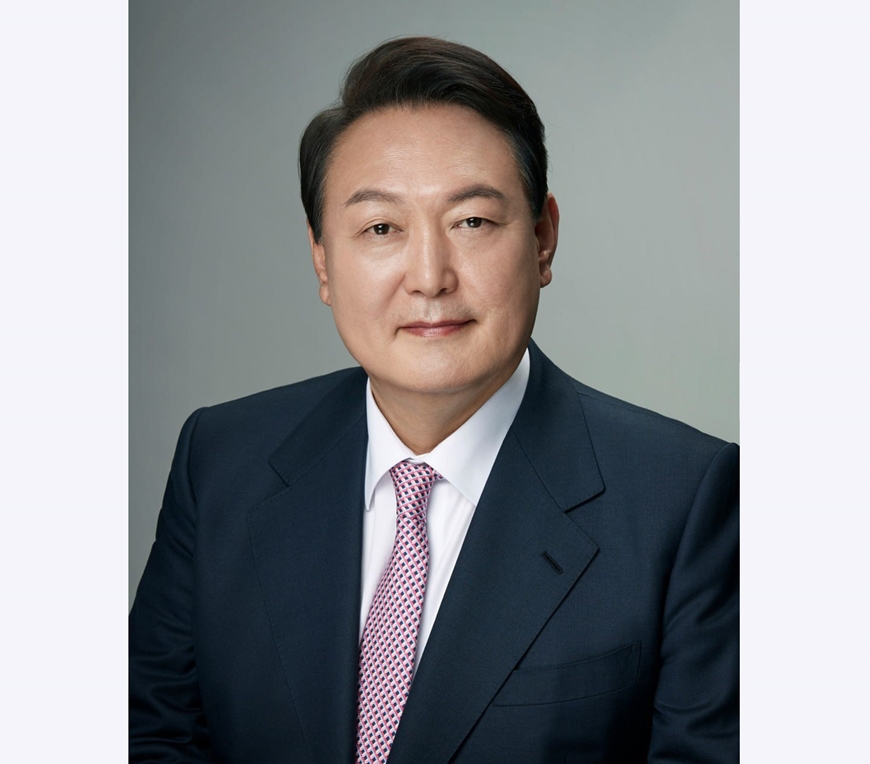 |
South Korean President Yoon Suk Yeol. Photo: Provided by the Korean Embassy in Vietnam |
In this spirit, in 2022, on the occasion of the 30th anniversary of the official establishment of diplomatic relations, the two countries upgraded their cooperative relationship to the level of “Comprehensive Strategic Partnership”. This demonstrates the determination of the governments and people of the two countries to unite, expand the fields of cooperation and deepen bilateral exchanges.
First of all, I would like to strengthen security cooperation with Vietnam as well as expand bilateral cooperation in the defense industry based on Korea's superior technological capabilities that have been proven in the world market.
Korea will continue to strengthen future-oriented cooperation for the goal of mutual prosperity between Vietnam and Korea. Korea will continue to support the Vietnam-Korea Institute of Science and Technology (VKIST), the largest independent non-refundable aid project ever by the Korean government, to make VKIST a center for science and technology development in Vietnam. In particular, during this state visit to Vietnam, I will announce a new aid project to help Vietnam enhance its capacity for science and technology research.
The world is currently facing complex crises of a completely different magnitude than before. Vietnam and Korea must work together to overcome these challenges. In particular, the supply chain of essential minerals, energy, digital transformation, smart cities, and climate change response are areas that the Korean and Vietnamese governments will focus on cooperating in the future.
This year marks a strong start for the comprehensive strategic partnership between our two countries. In that sense, I hope that this State visit to Vietnam will open a new chapter in the cooperative relationship between our two countries.
Reporter: Since the official establishment of diplomatic relations in 1992, Vietnam and South Korea have achieved spectacular developments in many fields, especially the economic field. Could you please share your assessment of the South Korean government's plan for economic cooperation and investment expansion in Vietnam?
President Yoon Suk Yeol: In December 2022, the leaders of the two countries set a target of increasing bilateral trade to 150 billion USD by 2030. However, due to the impact of the global economic recession, bilateral trade is experiencing negative growth this year. To restore the dynamism of bilateral trade, a large-scale economic delegation will accompany me on this visit to Vietnam.
Vietnam is a key country in Korea's Indo-Pacific Strategy, so cooperation between the two countries needs to be further developed. The scope of cooperation needs to be expanded from the manufacturing sector to the service sector in industries such as finance, distribution of goods, information technology, cultural content and other service sectors... The method of cooperation also needs to be implemented in the direction of expanding and taking advantage of each other's strengths.
South Korea plans to expand cooperation to enhance Vietnam's technological capacity in the industrial sector.
Cooperation on future goals such as achieving carbon neutrality by 2050 and digital transformation is also important. I hope that future generations of both countries will play a leading role in these future goals.
Reporter: Currently, Korea is implementing major foreign policies such as the “Global Key State Vision (GPS)” and the “Korea-ASEAN Solidarity Initiative (KASI)”. Could you share the potential for cooperation between Korea and Vietnam for the purpose of policy support in bilateral and multilateral relations?
President Yoon Suk Yeol: I understand that until the last moment of his life, President Ho Chi Minh, the Father of the Vietnamese people, still yearned for the wish that “the country would be independent, the people would be free, everyone would have food and clothing, and everyone would be educated”. Now, Vietnam is proactively and actively participating in international cooperation activities for world peace; at the same time, aiming for the goal of “becoming a developed country by 2045”.
This goal of Vietnam is also in line with KASI that I announced at the “Korea-ASEAN Summit” held last November in Phnom Penh, Cambodia to implement Korea's GPS.
This visit to Vietnam is my first bilateral visit to a Southeast Asian country since taking office as President of the Republic of Korea. Therefore, my visit to Vietnam is more meaningful than anything else, as I officially launch the full implementation of KASI together with Vietnam, a key partner of the Republic of Korea.
In particular, the Republic of Korea wishes to strengthen practical and future-oriented cooperation with ASEAN countries and the Mekong region. The Republic of Korea will expand practical cooperation in future-oriented areas such as digital transformation, climate change, health care and medicine on the basis of respecting “ASEAN Centrality and ASEAN’s needs. At the same time, the Republic of Korea will strengthen strategic cooperation in areas of mutual interest to the Republic of Korea and ASEAN countries such as maritime security and defense industry. The Republic of Korea will also continue to support the development and narrowing of the development gap in the Mekong region, an issue that Vietnam attaches great importance to.
To demonstrate our strong determination to strengthen Korea-ASEAN relations, I hope that Korea-ASEAN relations will be elevated to the level of “Comprehensive Strategic Partnership” on the occasion of the 35th anniversary of the establishment of Korea-ASEAN relations in 2024. After the Korea-ASEAN Summit scheduled to be held in September this year, the Korean government will propose specific initiatives to ASEAN countries to achieve this goal.
I would like to express my sincere gratitude to Vietnam, as the coordinator of the Korea-ASEAN dialogue relations, for its excellent performance as a bridge between Korea and ASEAN countries. I hope that in the process of implementing KASI and in order to achieve the goal of establishing a comprehensive strategic partnership between Korea and ASEAN next year, Korea and Vietnam will further strengthen cooperation and dialogue. I believe that through this, the two countries will be able to contribute more to the peace and prosperity of the Indo-Pacific region, including ASEAN.
PV: Vietnam and Korea have many similarities in history and culture. This has contributed significantly to the development of people-to-people exchanges between the two countries over the past 30 years. Could you please tell us about the Korean government's policies to promote human resource exchange and people-to-people exchanges between the two countries?
President Yoon Suk Yeol: People-to-people exchange between the two countries is an area in which my father also made many contributions, so I personally have very new feelings during this State visit to Vietnam. My father, with the firm belief that exchanges between future generations are extremely important for the development of relations between the two countries and the desire to contribute to academic exchanges with Vietnam, supported graduates from the National Economics University in Hanoi and the University of Economics in Ho Chi Minh City to study abroad at Yonsei University's International College in 1993, right after the two countries officially established diplomatic relations.
Over the past 30 years, thanks to the valuable efforts of all walks of life in the two countries, people-to-people exchanges between the two countries have made great strides. Before the Covid-19 pandemic, nearly 5 million people from both countries visited each other each year and there were over 500 direct flights each week. Needless to say, this was the largest scale of people-to-people exchanges that Korea had ever had with a Southeast Asian country.
Last year, when daily life resumed, Koreans still made up the largest number of foreign tourists visiting Vietnam. This summer, Koreans still said that Vietnam was the most ideal tourist destination. Vietnamese pho and Vietnamese coffee have now become a familiar part of Korean people's daily lives.
Currently, there are about 170,000 Koreans living in Vietnam. This is also the largest Korean community among Southeast Asian countries. There are currently about 6,500 Korean-Vietnamese families in Vietnam and more than 80,000 Korean-Vietnamese families living in Korea. Since Prince Ly Long Tuong, a descendant of the Ly Dynasty in Vietnam, came to Korea, Vietnam and Korea have maintained a “marriage relationship” for the past 800 years. Now, it is not an exaggeration to say that we are “family”.
The Korean government will provide institutional support so that people-to-people exchanges between the two countries can develop further. During this visit to Vietnam, I will join hands with the top leaders of Vietnam to ensure that people of the two countries can visit each other conveniently and live a safe and happy life.
In particular, Korea will increase support to expand exchanges between future generations of the two countries. Korea will also expand support so that the young generation of Vietnam can access high-quality Korean language training programs in Vietnam and expand opportunities for more Vietnamese students to study in Korea. I believe that when our future generations understand and appreciate each other more, the future of relations between the two countries will become brighter.
PV: Thank you very much, Mr. President!
VNA
Source


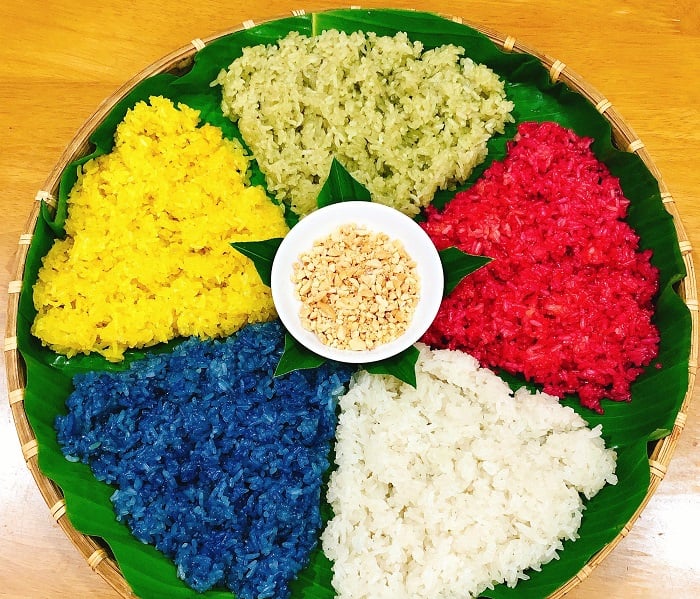

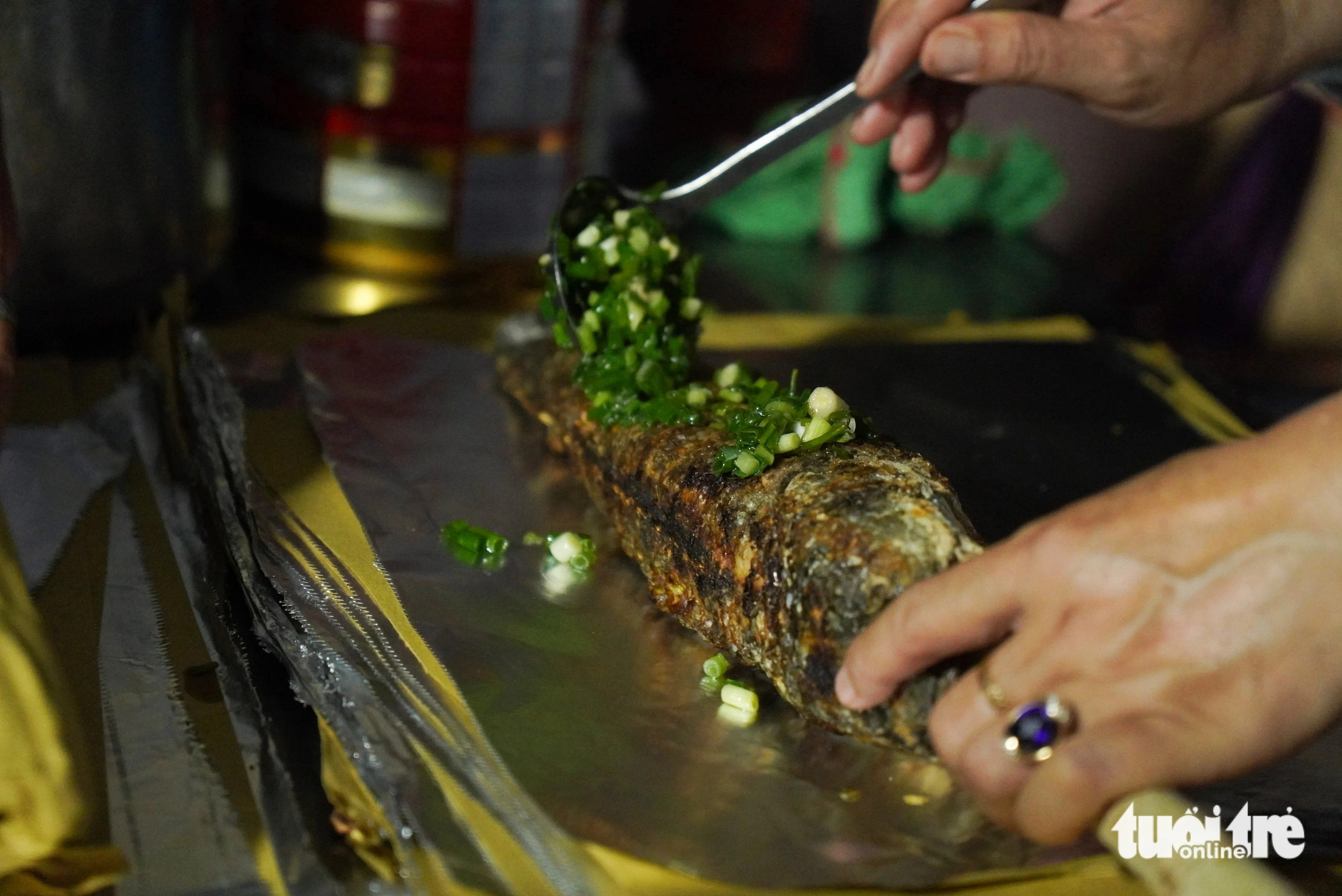
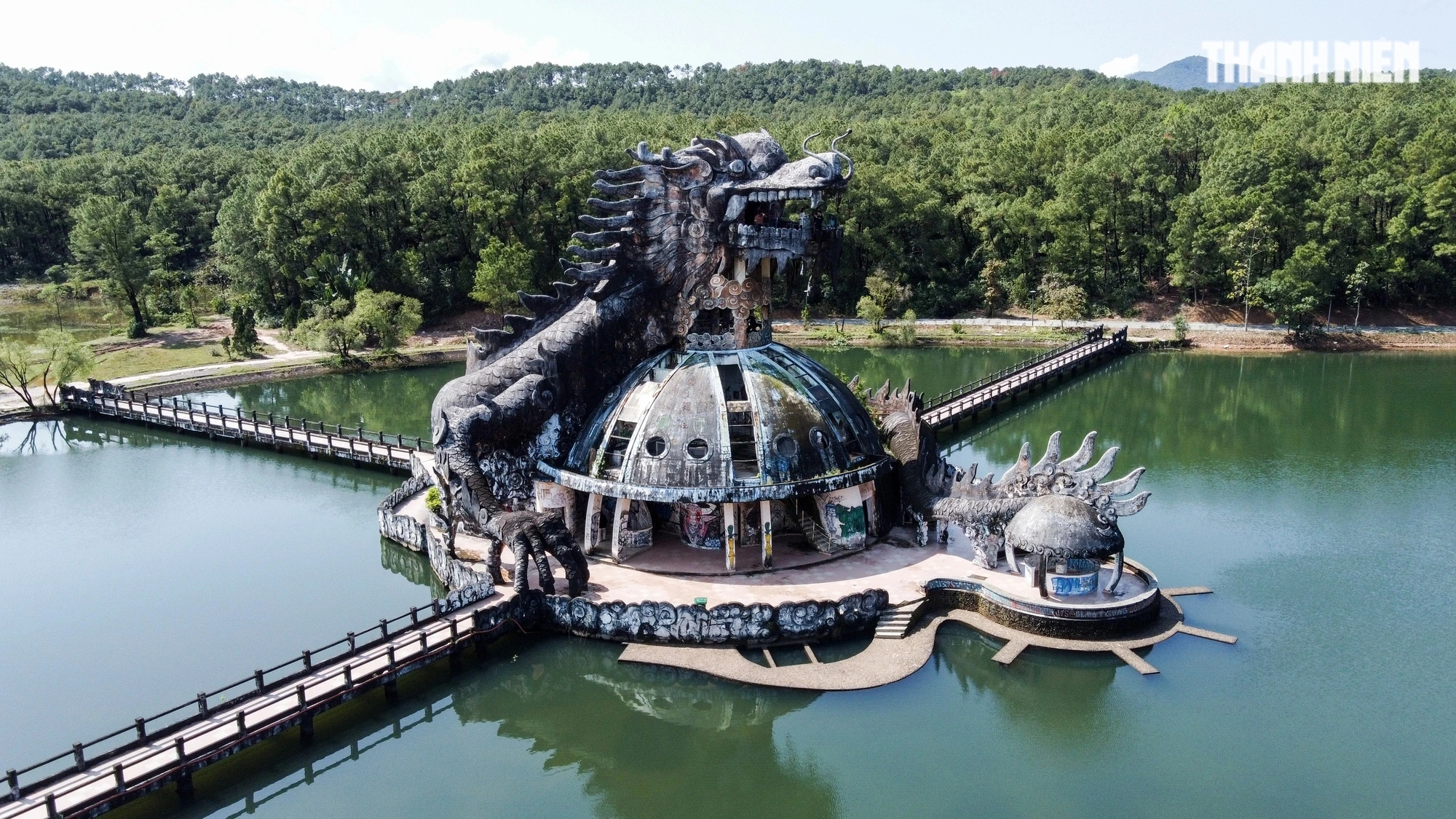
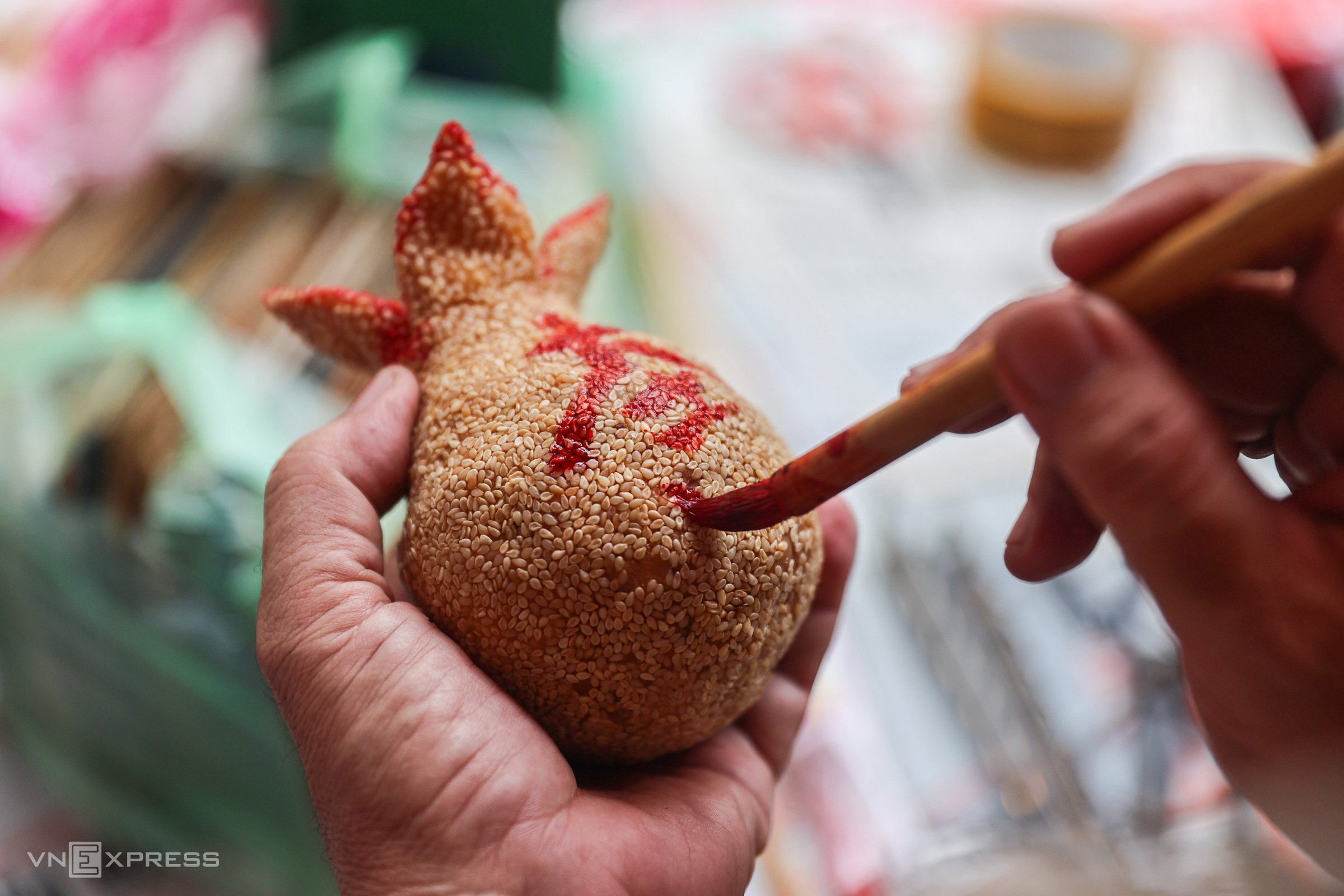























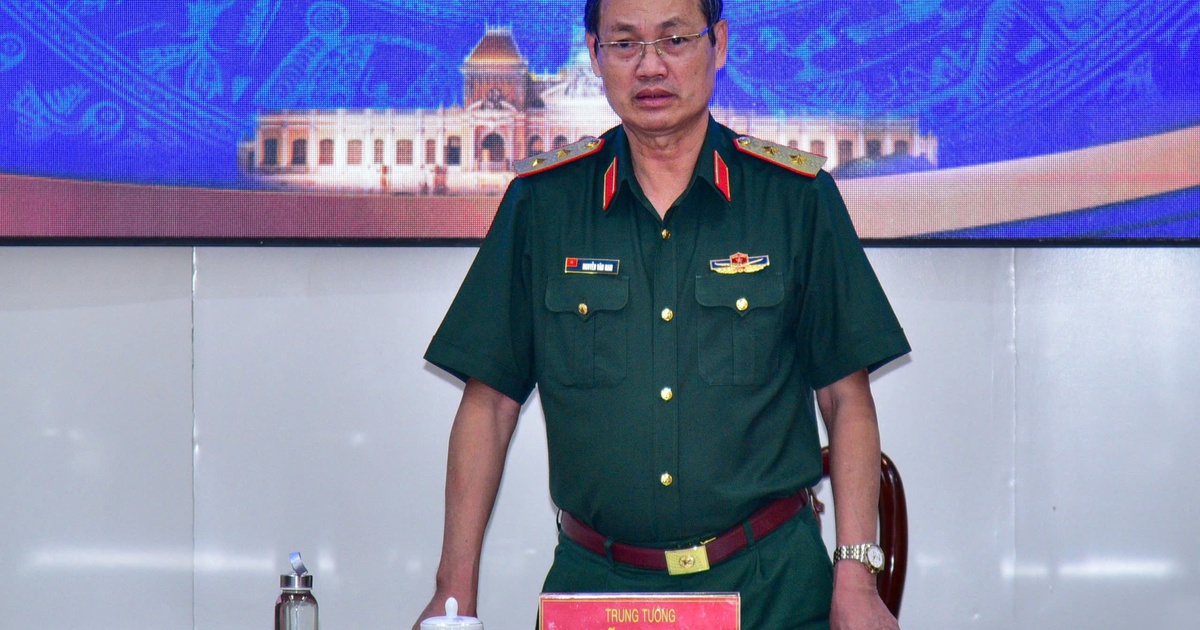

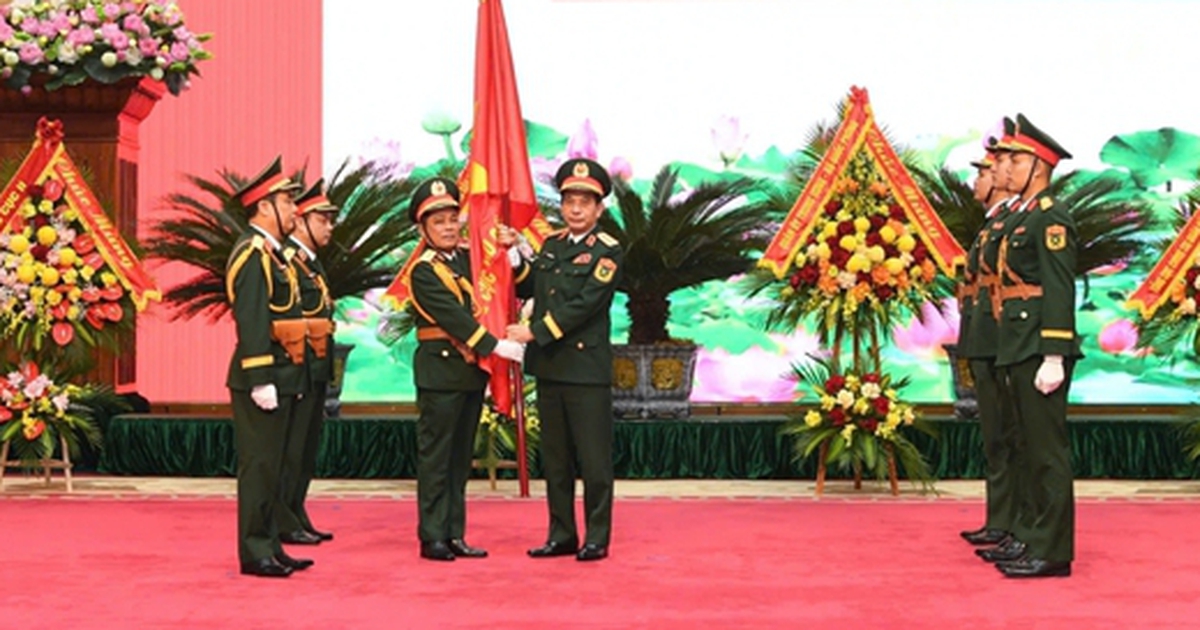
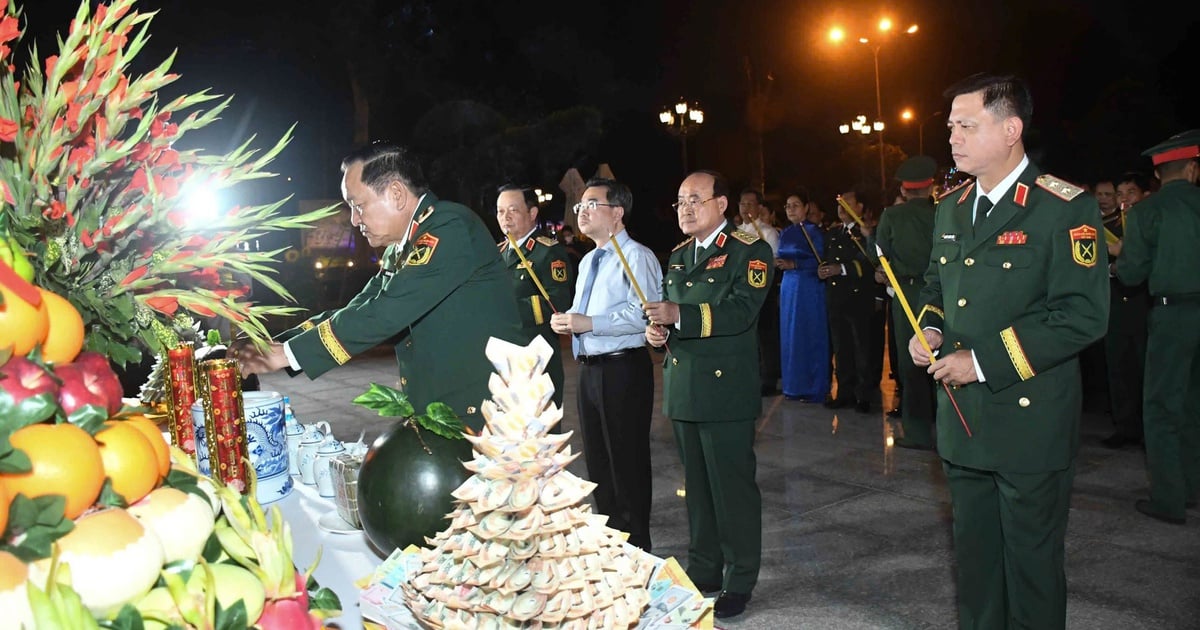
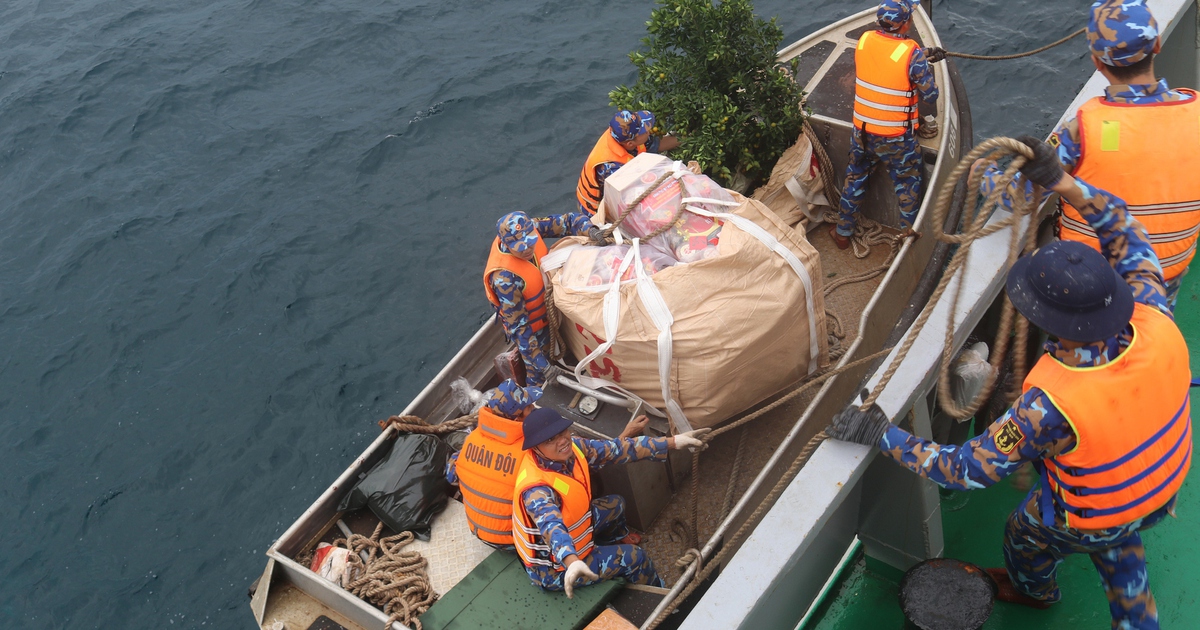
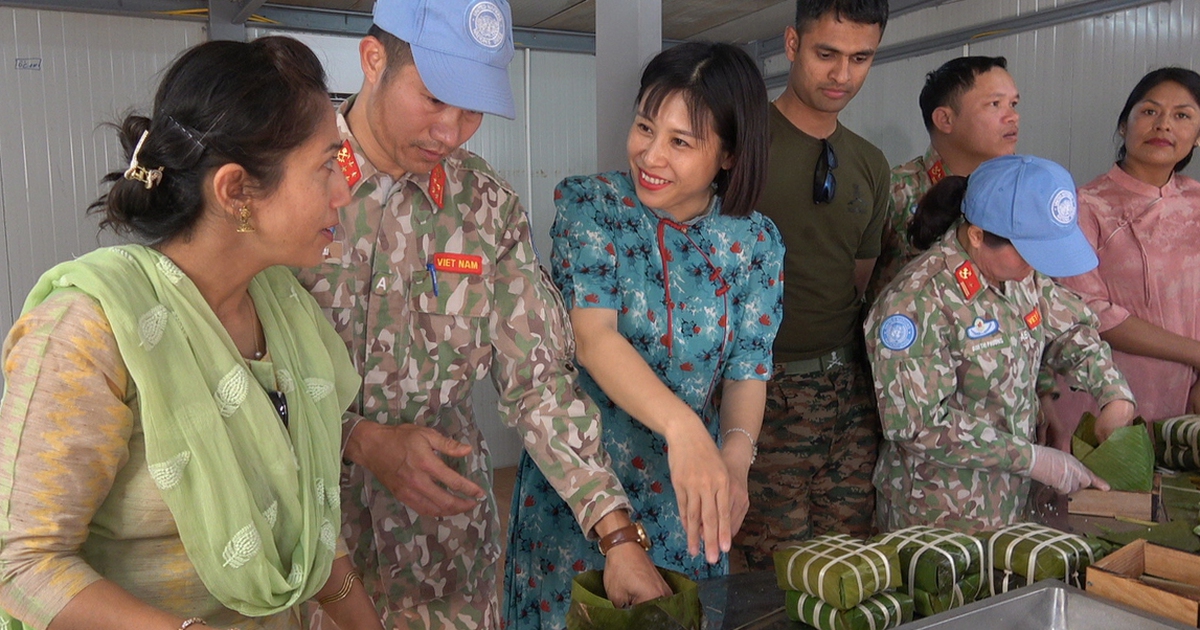
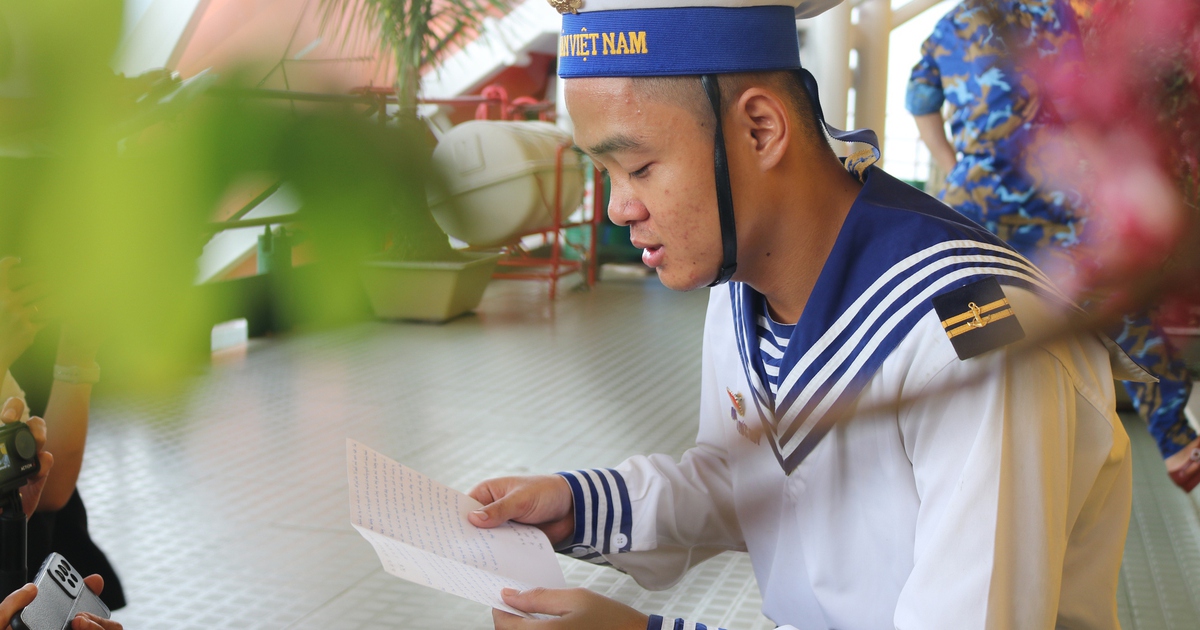
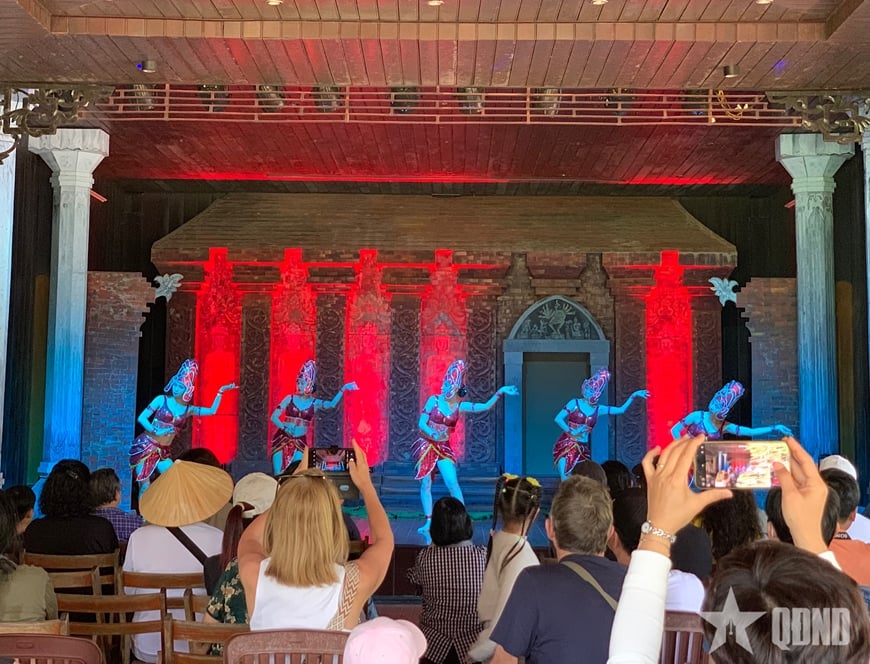
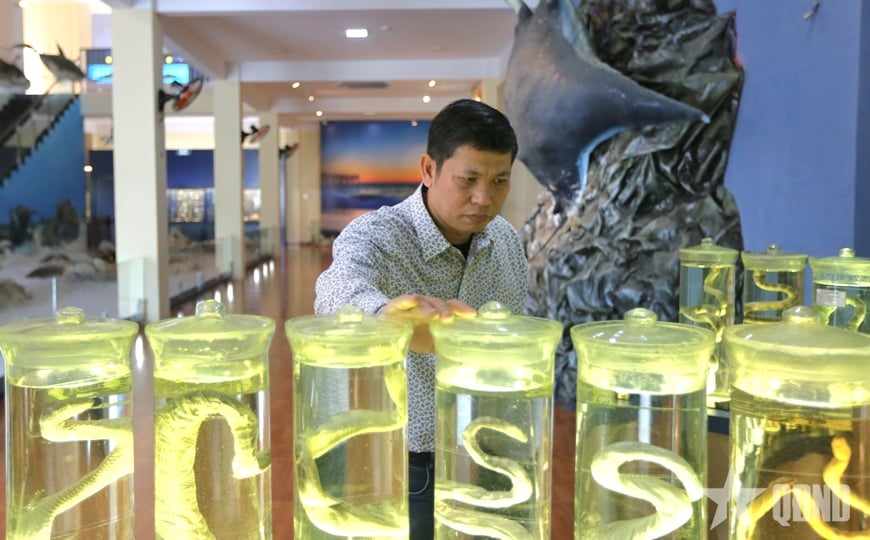
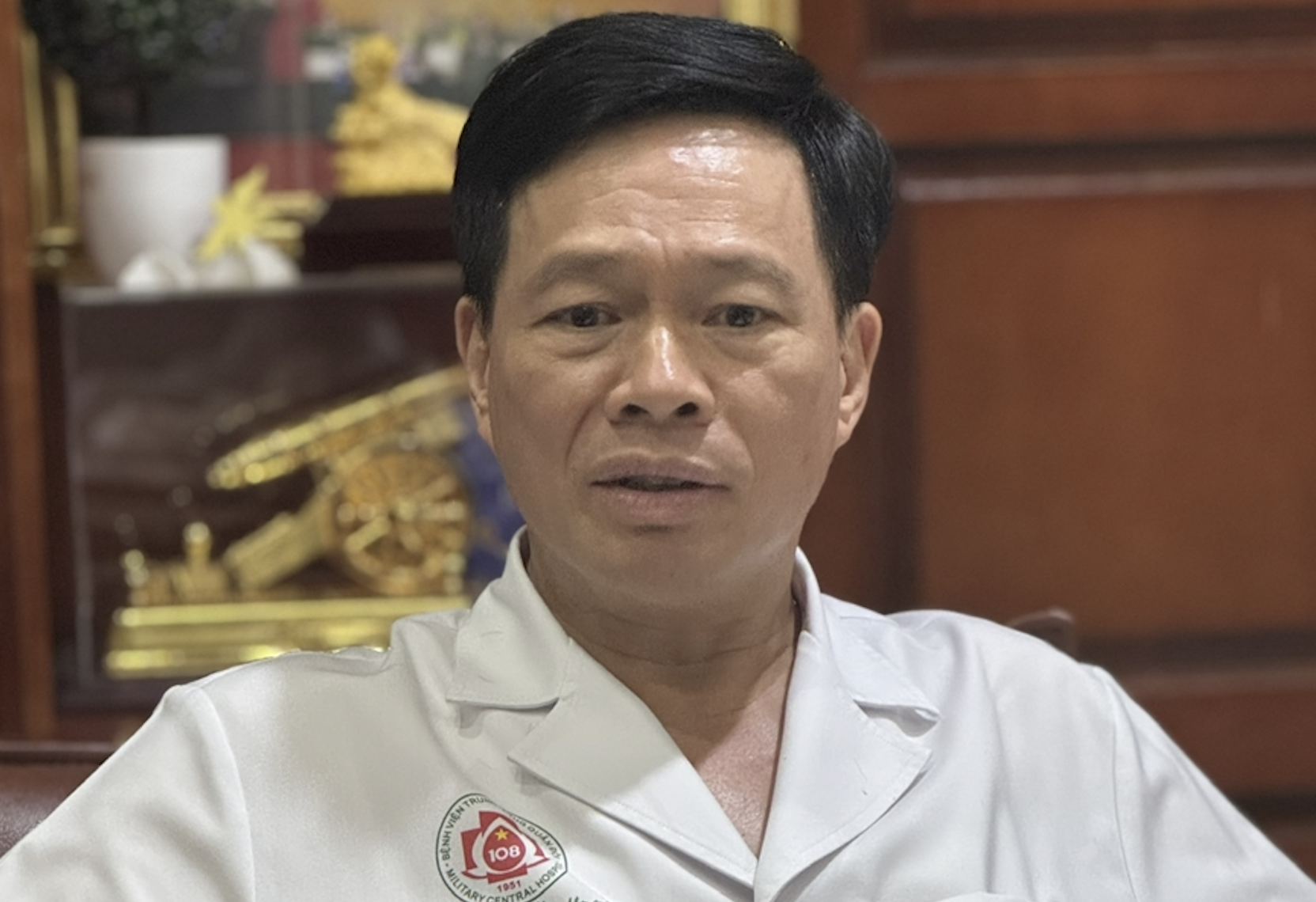
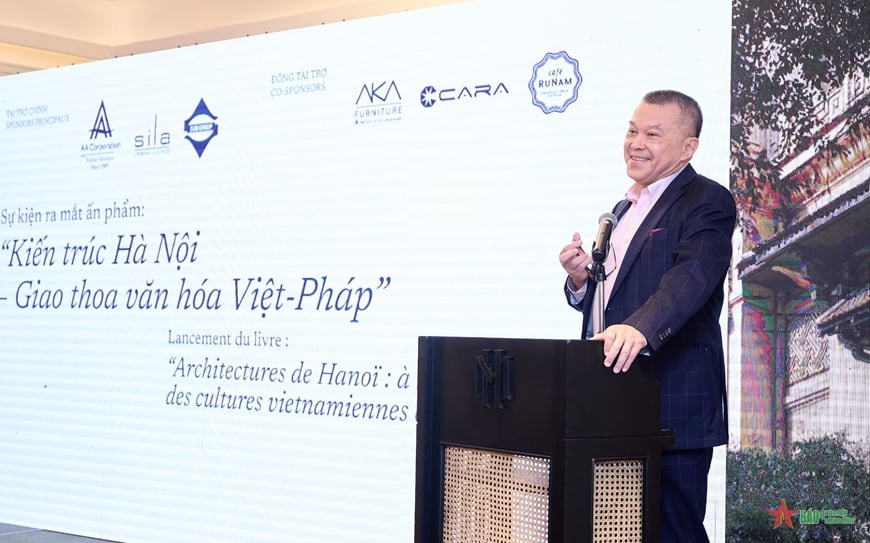
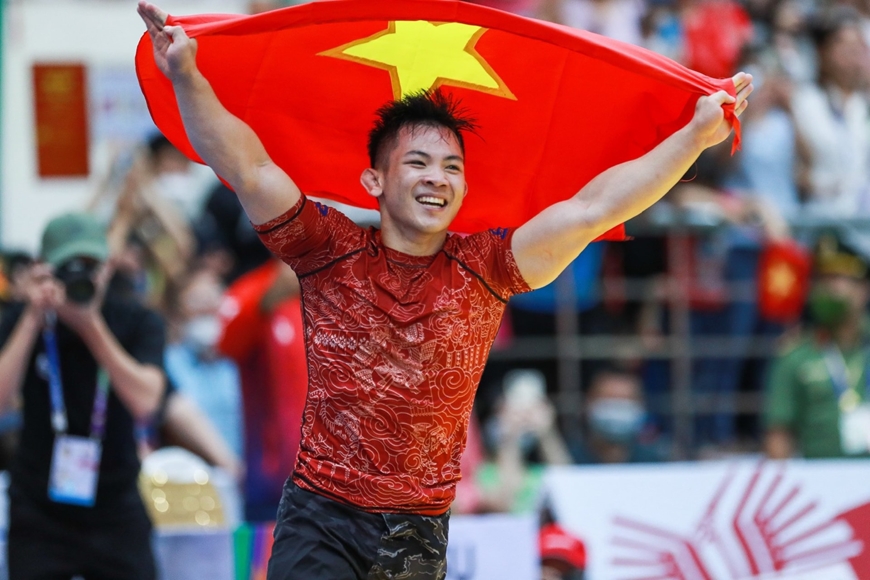
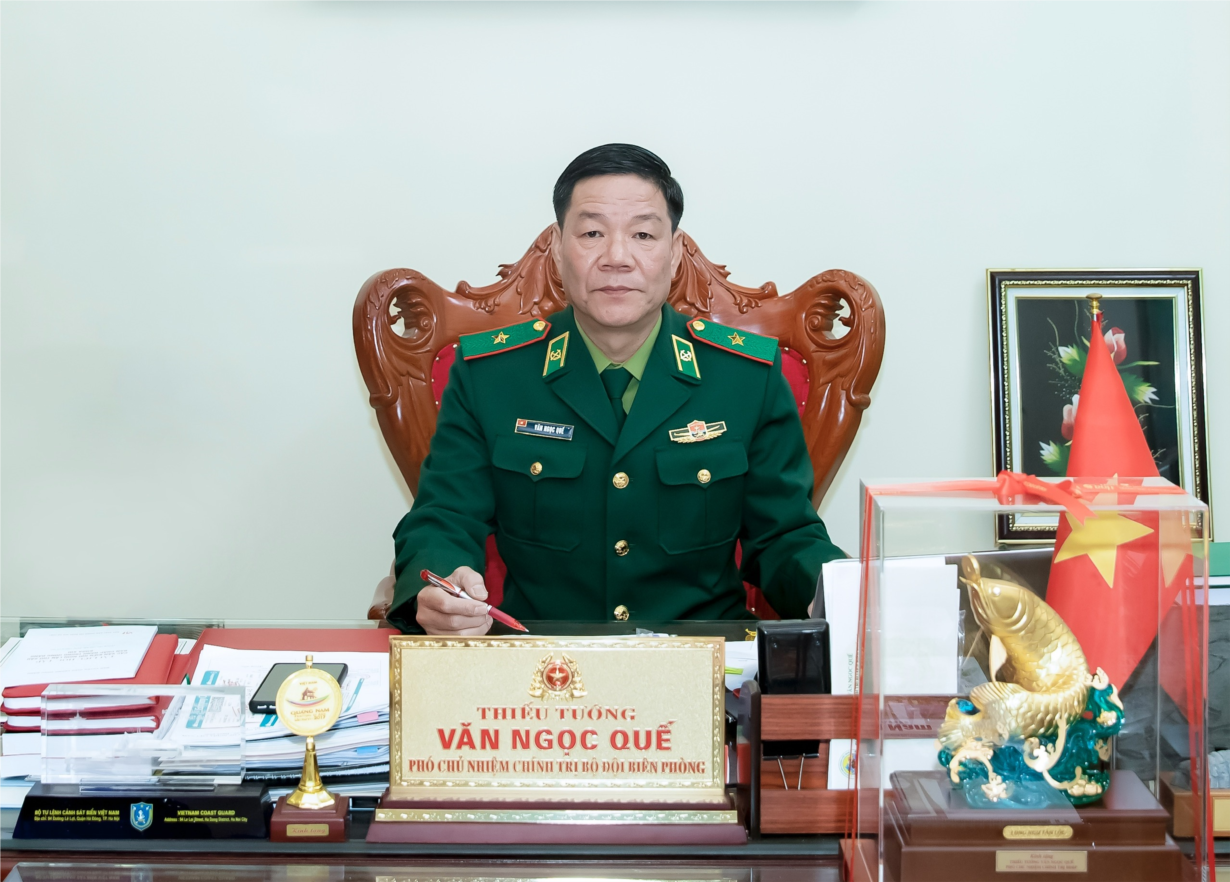
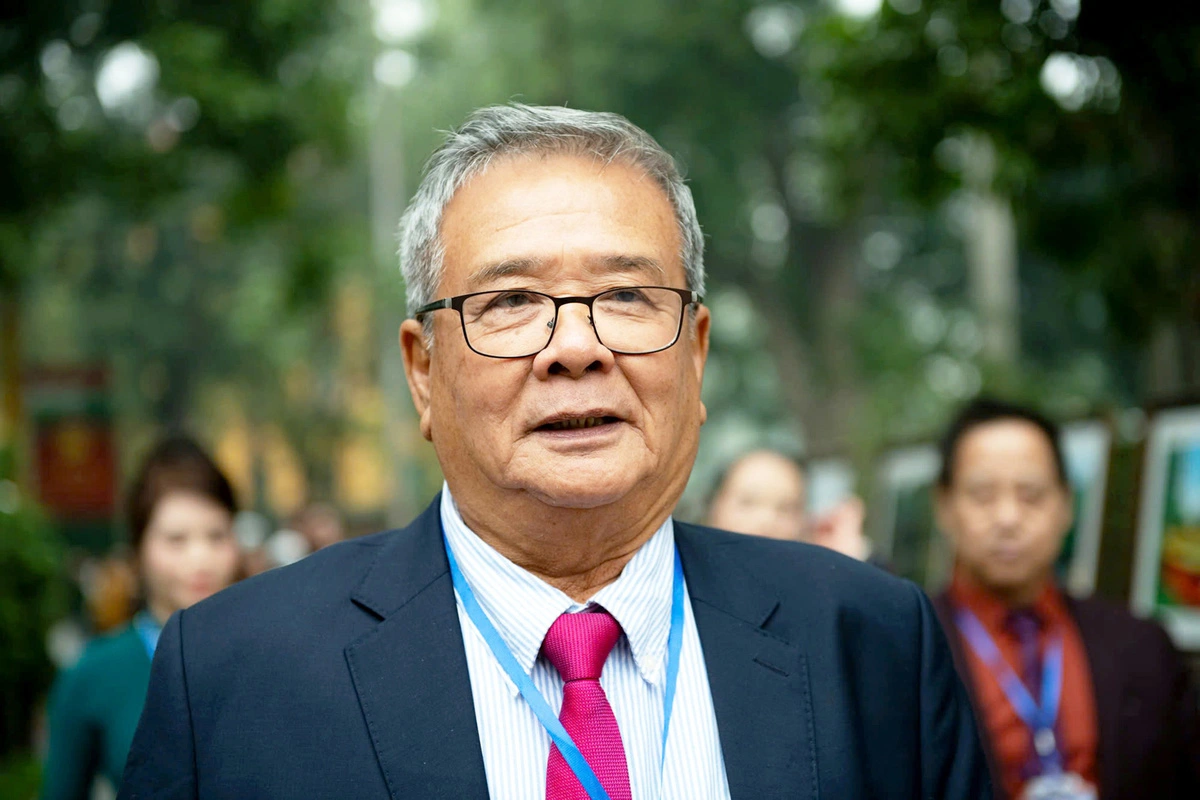

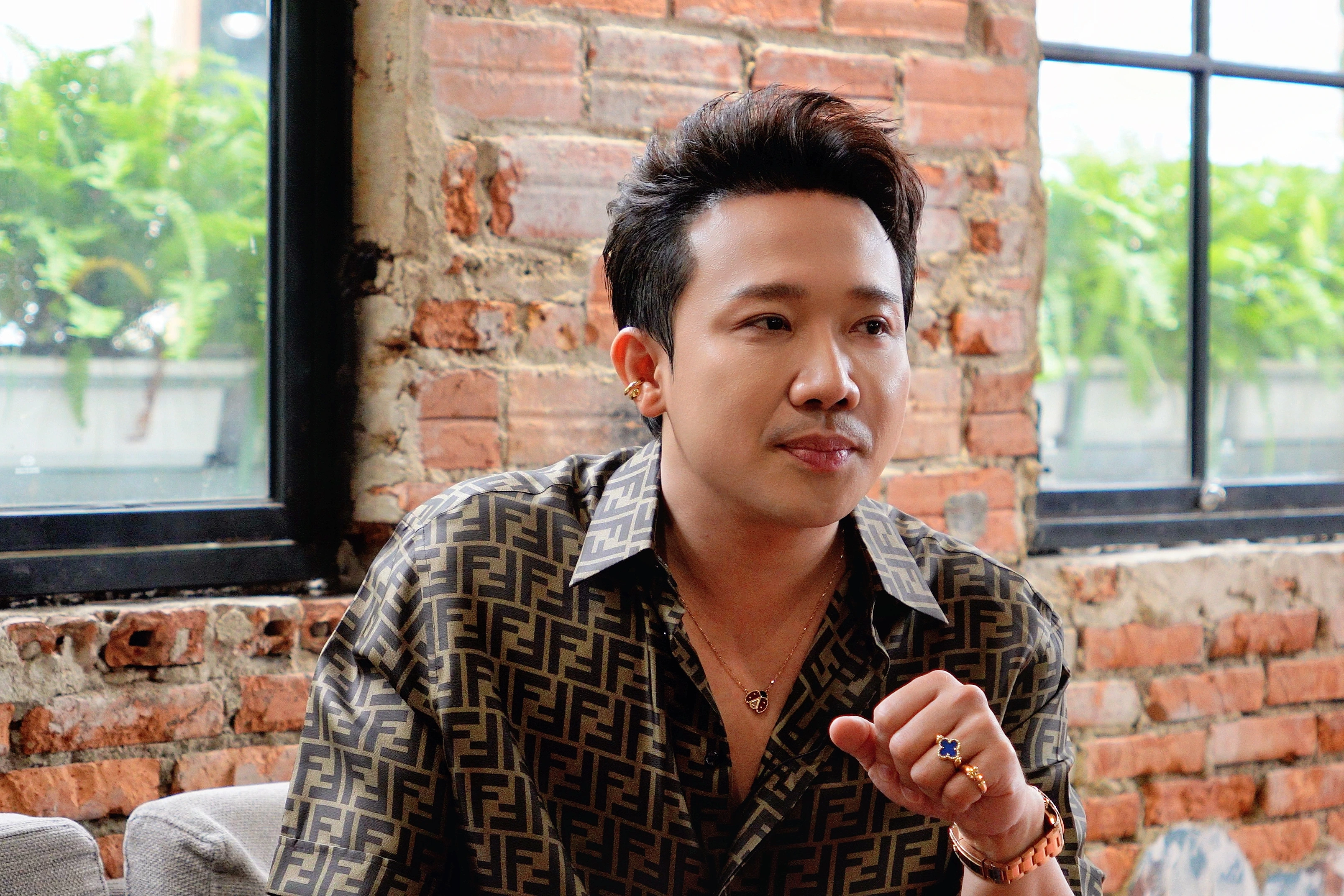

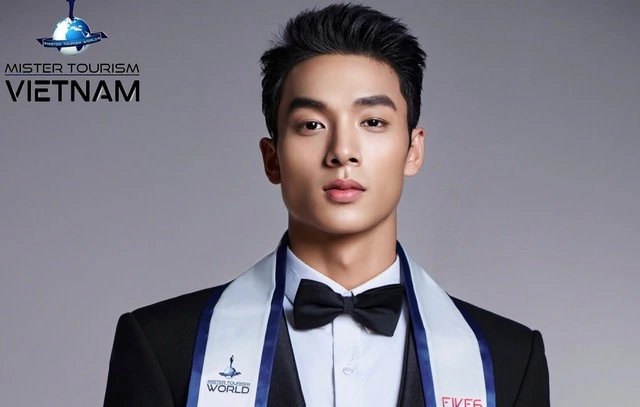

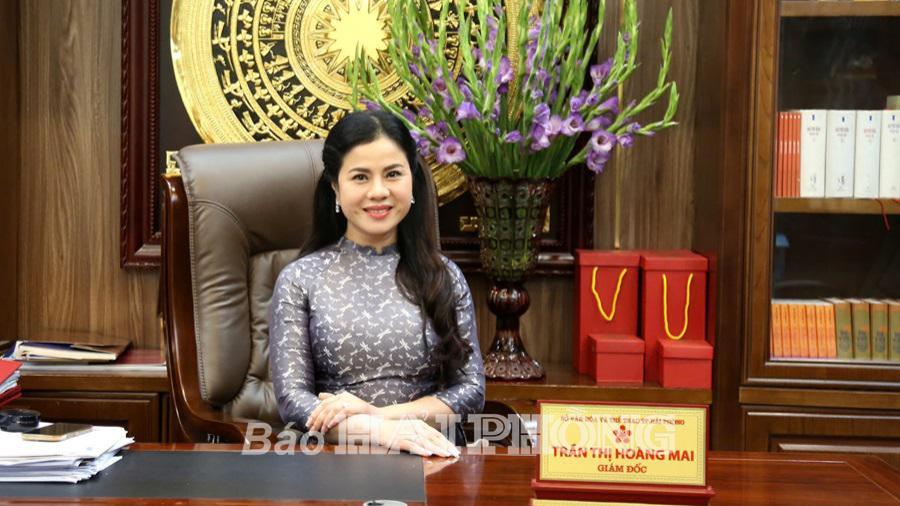

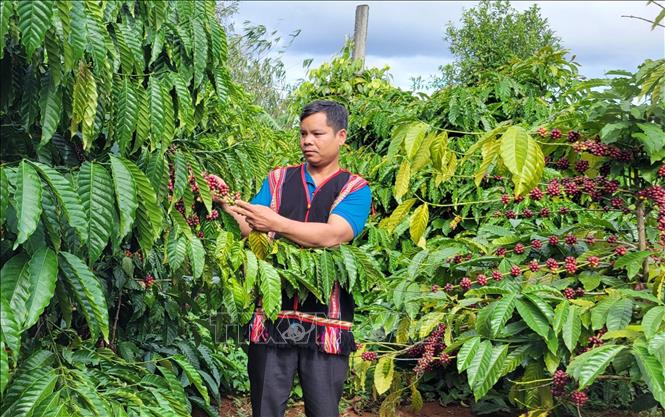

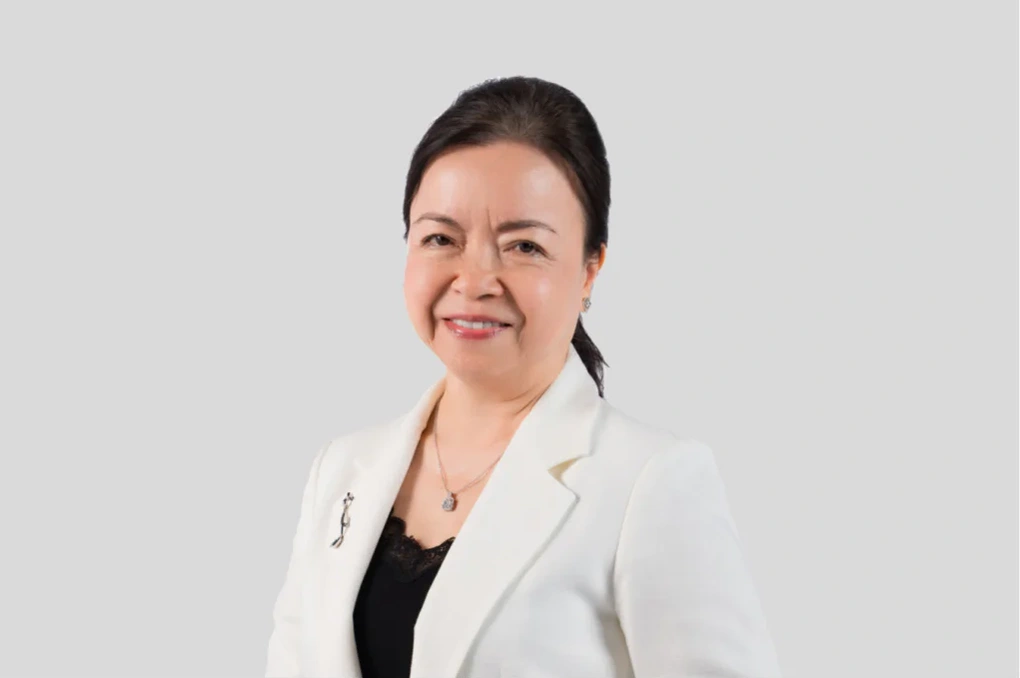



Comment (0)